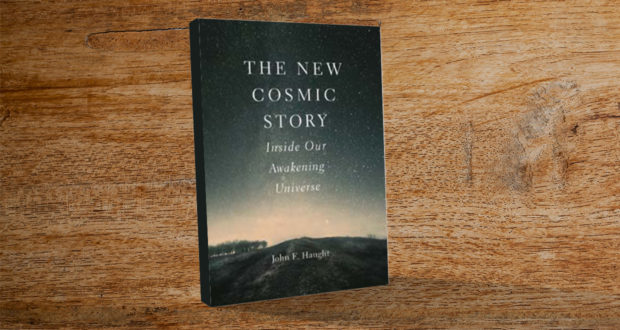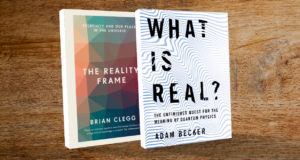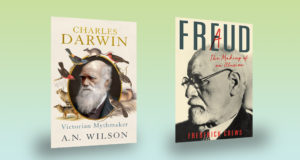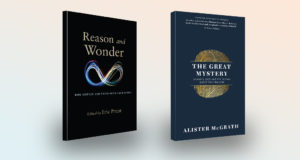As science progresses and we learn more about the universe and our place within it, what role does religion and spiritual thought play in unlocking the mysteries of our cosmic beginnings? John Haught’s book The New Cosmic Story grapples with the big questions of our existence and how religion has a far greater role in understanding the universe than some might believe. Nick Mattiske reviews.
The argument of John Haught’s The New Cosmic Story is that part of the universe’s continuing development is an awakening to what he calls “rightness”, for want of a better term.
And, in his view, those who study the unfolding of the universe have stubbornly underestimated the emergence of religion, which may point to truth, beauty and life being as fundamental as quarks and bosons.
Haught contrasts three views of the universe—first, the atheist materialist one that says that the universe has no ultimate purpose and can be explained by looking back and down at the building blocks of the universe, namely matter, which is ultimately all there is. Materialists suggest that science explains all, including religious intuitions. Ironically, says Haught, they do so with a strong sense of the “rightness” of their opinions.
The second view is of some religious believers, from Buddhist to Christian, who think the universe is simply to be endured until we enter a perfect one. In contrast, Haught writes of a third, anticipatory worldview that sees subjectivity and morality as evolving along with actual matter, as a greater purpose of the universe.
By way of analogy, we might suggest the universe in Haught’s thought is a house under construction. Materialists think it can be explained by looking back at when the materials were delivered and the inevitability of bricklayers laying one brick on top of another, but think it is silly to entertain thoughts of it being built for a purpose. Religious escapists see the rain pouring through holes in the unfinished roof and declare that we should ignore this imperfect, inadequate structure, as other, perfect and finished dwellings are available for purchase. For Haught, the house is being built for habitation but its final shape is only envisaged, not complete.
At times it seems Haught has little evidence to back up his view, and can only state it repeatedly, albeit in increasingly poetic and elegant terms. But he insists that we must take the universal emergence of religious explanations amongst many cultures as an indication that there is more in the universe than meets science’s eye, but that this way of seeing is through a glass darkly, and works subjectively and intuitively.
Some may catch a whiff of Pierre Teilhard de Chardin’s work behind all this, and certainly Haught builds on it while making his own case. Teilhard de Chardin’s work is not universally accepted, but it does have biblical resonance. In the New Testament, the concept of the Kingdom of God is one that has already begun. We are working on it already, with the help of God, anticipating that it will come to completion in order to perfect both heaven and earth. In this case we look forward, as Haught advises us to do, seeing the universe’s reason for being in its endpoint, not its beginning.
Nick Mattiske
Nick Mattiske is a bookseller and blogs at Coburg Review of Books.
The New Cosmic Story
Author: John Haught
Publisher: Yale University Press
2017
 JourneyOnline
JourneyOnline






